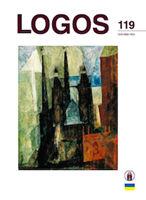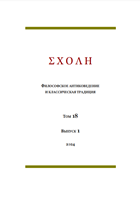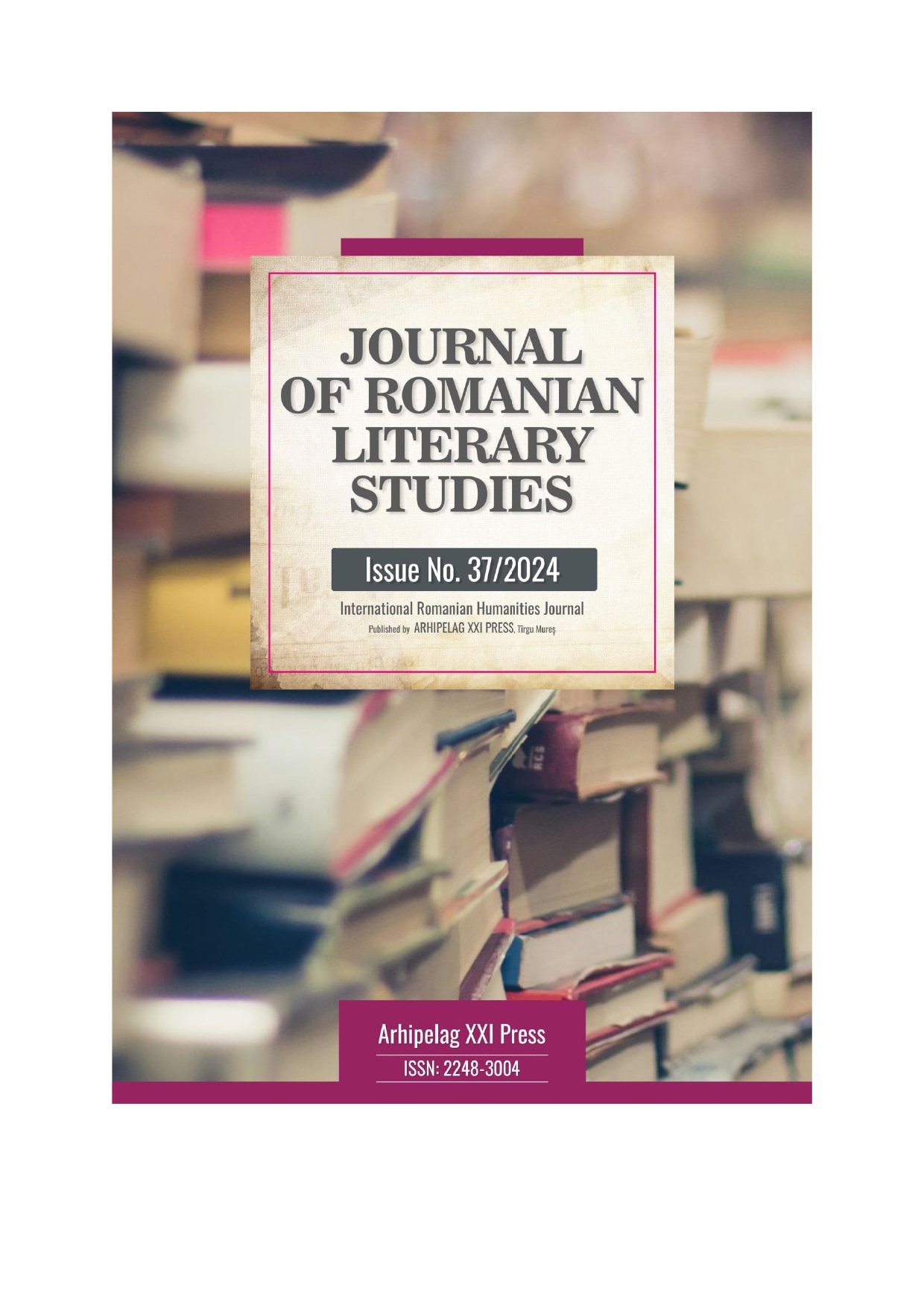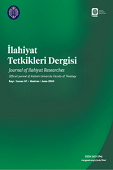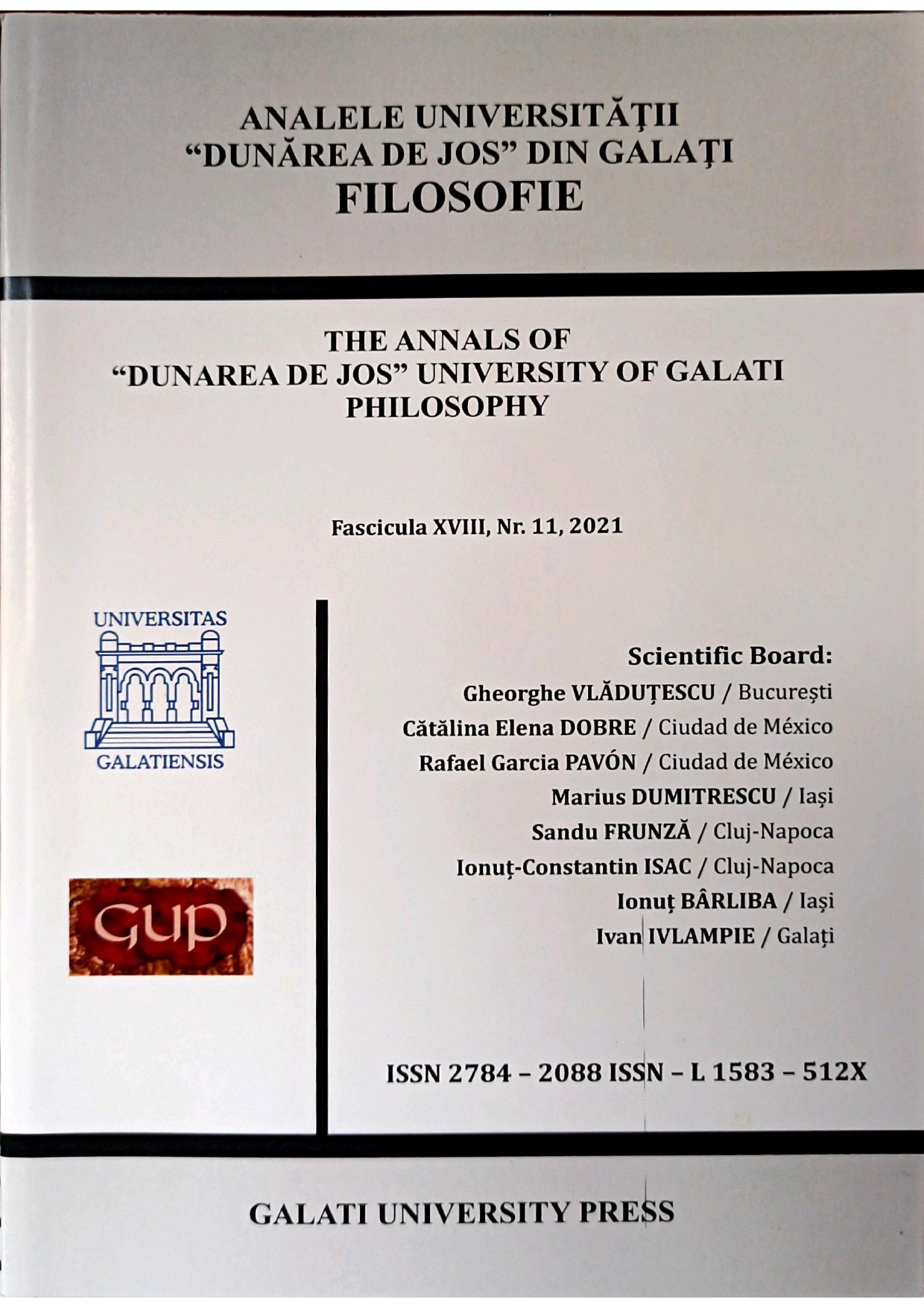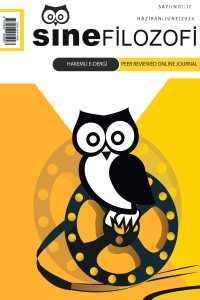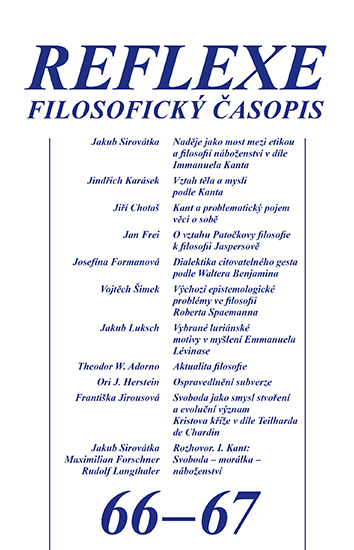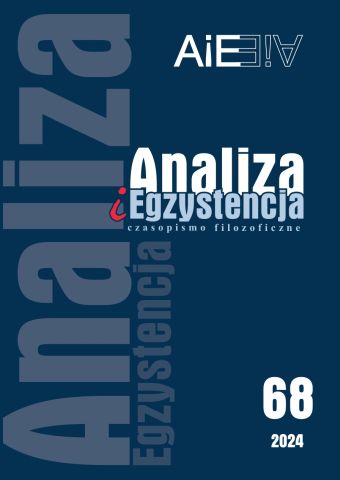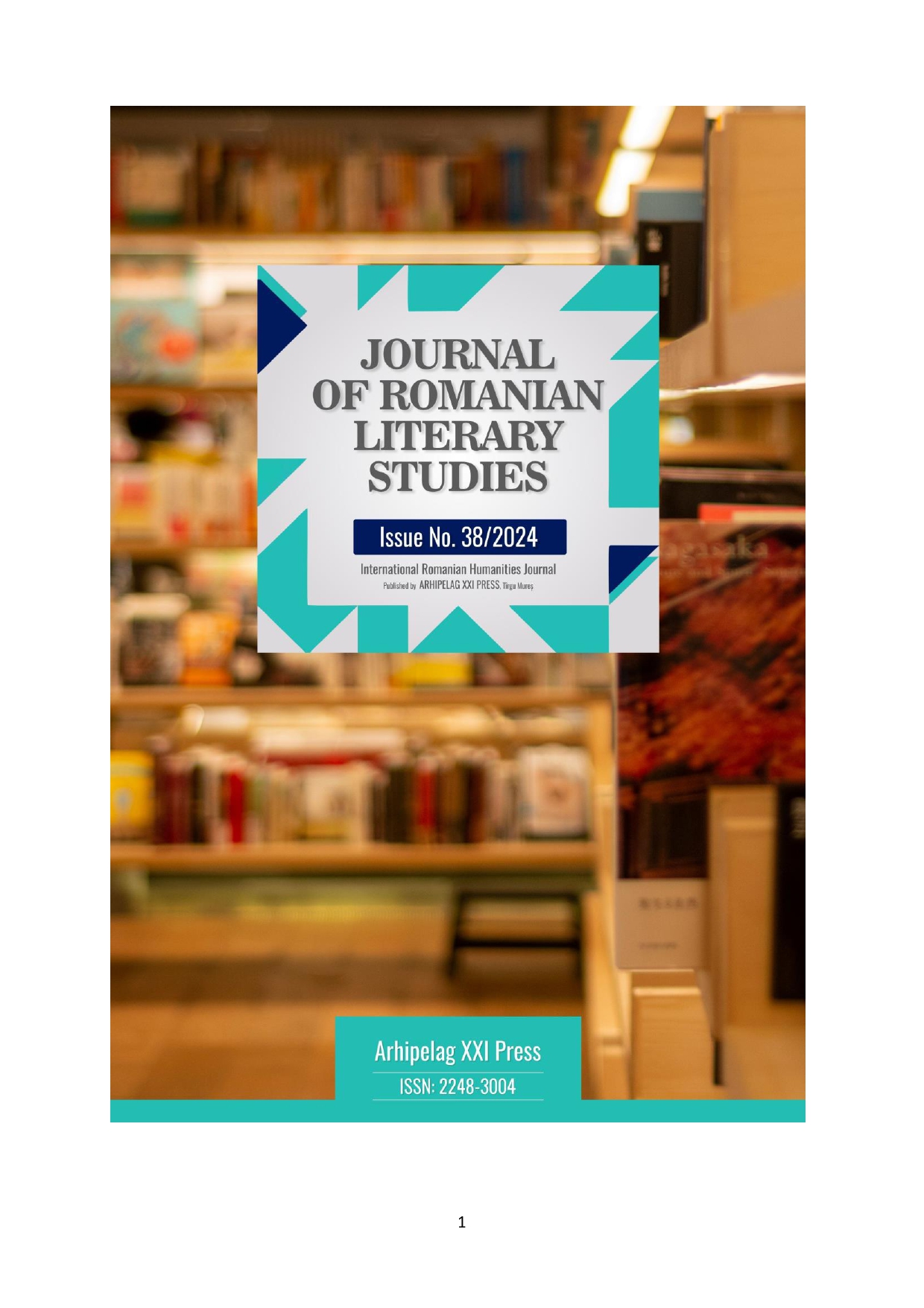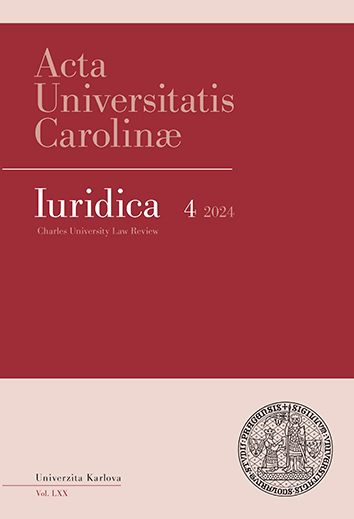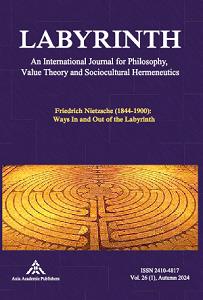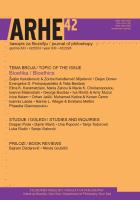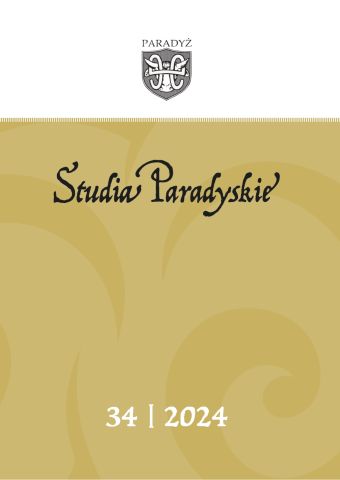Author(s): Igor Tantlevskij / Language(s): Russian
Issue: 1/2024
Sonnet 146 not only stands apart from Shakespeare’s sonnets, but, in fact, is a complete philosophical and theological poetic pamphlet. As for the soteriological context of sonnet 146, which represents the idea of abandoning the concerns of the body and saving the soul by “feeding” it with the body, one could, first of all, note the New Testament passages from apostle Paul about “mortification” of the flesh and fleshly passions for the salvation of the soul: Rom. 8:13 (cf. also: 7:5; 8:7); Col. 3:5 (cf. further, e. g.: 1 Cor. 3:1, 3); Gal. 5:24. But as for the allegory of the soul’s salvation through its “feeding” on the flesh — instead of feeding the flesh, as it is usually done by the people that death “feeds” on — one can see here a reflection and a kind of “reverse” reinterpretation of M. Ficino’s doctrine of the “nutritive/sc. feeding soul” (anima nutritiva), which he develops in his “Plato’s Theology”. Passages of “Plato’s Theology” VII, 9; XIII, 5; VI, 12; XVIII, 9 are particularly representative in this regard. In XVIII, 9 Ficino writes: “If at present the life of the composite man is subject to the conditions of his decay-prone body, in the future it will follow the conditions of the immortal soul. As a result, death will give way to life in accord with the most perfect kind of natural beginnings. Death, which has lost its power, as the prophets tell us, will be swallowed up by life... There will arise... eternal bodies.” By “prophets” here primarily Hosea (13:14), whom the apostle Paul quotes (1 Cor. 15:55 [cf. also: 1 Сor. 15:26; Rev. 21:4]), and Isaiah (25:8 [cf. its reminiscence in 1 Cor. 15:54]; cf. also, e.g.: Isa. 26:19, 41:14; Dan. 12:2, 13) are meant. The last line of sonnet 146 (“And death once dead, ther’s no more dying then” [сf. also: sonnets 55, line 13; 60, line 13; 122, line 4]) correlates with Rev. 21:4, as well as with the passage from Ficino XVIII, 9.
More...



